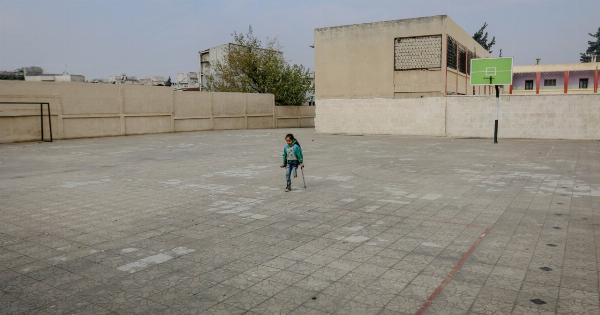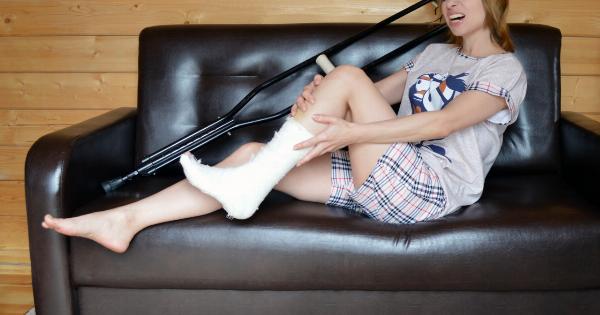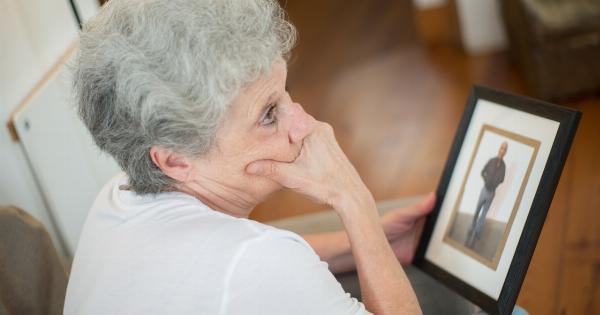Physical injuries can be painful and frustrating, but with proper care and patience, you can make a successful recovery.
Whether you’ve had a sports-related injury, a work accident, or a minor mishap at home, here are some essential tips to help you through the healing process.
1. Seek Medical Attention
The first step after sustaining a physical injury is to seek immediate medical attention. Depending on the severity of your injury, you should either call an ambulance or visit a healthcare professional as soon as possible.
The prompt medical intervention can help assess the extent of your injury and prevent any further complications.
2. Follow Your Doctor’s Advice
Once you’ve received medical attention, it is crucial to follow your doctor’s advice religiously. They will provide you with specific instructions regarding medication, physical therapy, and necessary rest.
Adhering to these guidelines will help speed up your recovery process and prevent any setbacks.
3. Take Adequate Rest
One of the most important aspects of healing from a physical injury is giving your body enough time to rest. Depending on the type and severity of your injury, your doctor may recommend complete rest or advise modifications to your regular activities.
Be sure to listen to your body and avoid exerting yourself, as this can prolong the healing process.
4. Practice Proper Nutrition
Eating a well-balanced diet is crucial during the recovery period, as it provides essential nutrients for tissue repair. Include a variety of fruits, vegetables, whole grains, lean proteins, and healthy fats in your meals.
Adequate hydration is also essential for the recovery process, so be sure to drink plenty of water throughout the day.
5. Stay Active within Your Limits
While rest is vital, it is equally important to stay active within the limits set by your doctor.
Engaging in gentle exercises or physical therapy sessions can help maintain muscle strength, improve circulation, and prevent complications such as stiffness or muscle atrophy. Always consult with your healthcare provider before starting any exercise routine.
6. Manage Pain
Pain is often a common companion during the recovery process. While some discomfort is expected, managing pain effectively is crucial to maintain your physical and mental well-being.
Discuss with your doctor about suitable pain management strategies such as medication, physical therapy, heat or cold therapy, and relaxation techniques.
7. Seek Emotional Support
Recovering from a physical injury can take a toll on your emotional well-being. It is important to seek emotional support during this time. Talk to your friends, family, or a therapist about your feelings and concerns.
Joining support groups or online forums with individuals experiencing similar situations can also provide a sense of community and guidance.
8. Stay Positive and Patient
It’s common to feel frustrated or discouraged during the recovery period, especially if progress seems slow. However, it is crucial to stay positive and patient.
Remember that the healing process takes time and pushing yourself too hard may result in setbacks. Celebrate small victories along the way and focus on the improvements you are making.
9. Follow Safety Measures
To prevent further injuries or complications, it is essential to follow safety measures during your recovery.
This may include using support devices like crutches or braces, modifying your home environment to minimize hazards, or practicing proper body mechanics when moving or lifting objects. Always consult your healthcare provider for specific safety guidelines related to your injury.
10. Gradually Resume Activities
As you progress in your recovery journey, gradually resume your daily activities. Start with light tasks and gradually increase the intensity or duration.
It is crucial to listen to your body and pay attention to any signs of discomfort or pain during this process. Consult your healthcare provider if you have any concerns or questions.





























